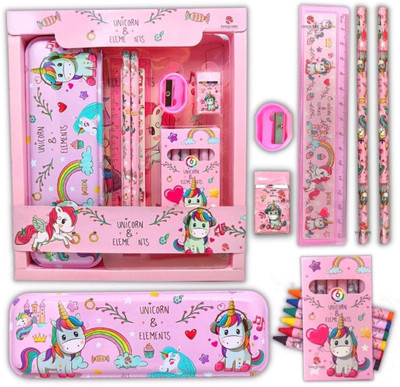
JUTE WORLD UB-RANGOLI Waterproof Multipurpose Bag (Multicolor, 7 L)
Share
JUTE WORLD UB-RANGOLI Waterproof Multipurpose Bag (Multicolor, 7 L)
4.2
102 Ratings & 2 ReviewsSpecial price
₹186
₹899
79% off
Hurry, Only 2 left!
Available offers
T&C
T&C
T&C
T&C
Delivery
Check
Enter pincode
Delivery by30 Jul, Wednesday
?
if ordered before 8:59 PM
View Details
Bag Capacity
- 7 L7 L
Please select a Bag Capacity to proceed
Highlights
- Multipurpose Bag
- Jute
- For Men & Women
- Waterproof
- Number of Compartments: 1
Services
- Cash on Delivery available?
Seller
Description
Jute World jute bag is a versatile and environmentally friendly bag made from the natural fibers of the jute plant (Corchorus olitorius and Corchorus capsularis). Jute is a long, soft, shiny vegetable fiber that can be spun into coarse, strong threads. The bags made from jute are known for their durability, breathability, and eco-friendly nature. Here are some key characteristics and features of jute bags: Material: Jute bags are made from the natural fibers extracted from the outer stem of the jute plant. The material is biodegradable and renewable, making it an eco-friendly choice. Strength: Jute fibers are known for their strength, which makes jute bags sturdy and durable. They can withstand heavy loads, making them suitable for various purposes. Breathability: Jute is a breathable material, allowing air circulation. This property makes jute bags suitable for carrying produce or other items that may benefit from ventilation. Versatility: Jute bags come in various shapes and sizes, making them versatile for different purposes. They can be found as tote bags, shopping bags, gift bags, and more. Biodegradability: Jute is a biodegradable material, meaning that it can decompose naturally without causing harm to the environment. This makes jute bags a more sustainable option compared to synthetic materials. Aesthetics: Jute bags often have a natural, earthy appearance with a coarse texture, giving them a rustic and eco-friendly appeal. They can be left plain or decorated with various prints and designs. Environmental Impact: The cultivation of jute plants is relatively eco-friendly, requiring minimal pesticide or fertilizer use. Additionally, jute plants contribute to soil fertility and carbon sequestration. Reusability: Jute bags are reusable, promoting a reduction in single-use plastic bags. Their durability allows them to be used for multiple purposes, contributing to a more sustainable lifestyle. Overall, jute bags are a popular choice for environment all.
Read More
Specifications
| Brand |
|
| Model Name |
|
| External Width |
|
| External Height |
|
| External Depth |
|
| Closure |
|
| Expandable Features |
|
| Bag Design |
|
| Weight |
|
| Other Features |
|
| Bag Capacity |
|
| Brand Color |
|
| Ideal For |
|
| Material |
|
| Number of Compartments |
|
| Pack of |
|
| Trend |
|
| Type |
|
| Waterproof |
|
Manufacturing, Packaging and Import Info
Ratings & Reviews
4.2
★
102 Ratings &
2 Reviews
- 5★
- 4★
- 3★
- 2★
- 1★
- 56
- 24
- 13
- 4
- 5
Questions and Answers
Q:Can I keep a 16 inch big size gaming laptop on it??some office stuff?
A:It's a jute bag suitable for office stuff, lunch box,Groceries and suitable for shopping etc. We recommended it is not for laptop.
JuteWorld
Flipkart Seller0
0
Report Abuse
Didn't get the right answer you were looking for
Safe and Secure Payments.Easy returns.100% Authentic products.
Back to top











